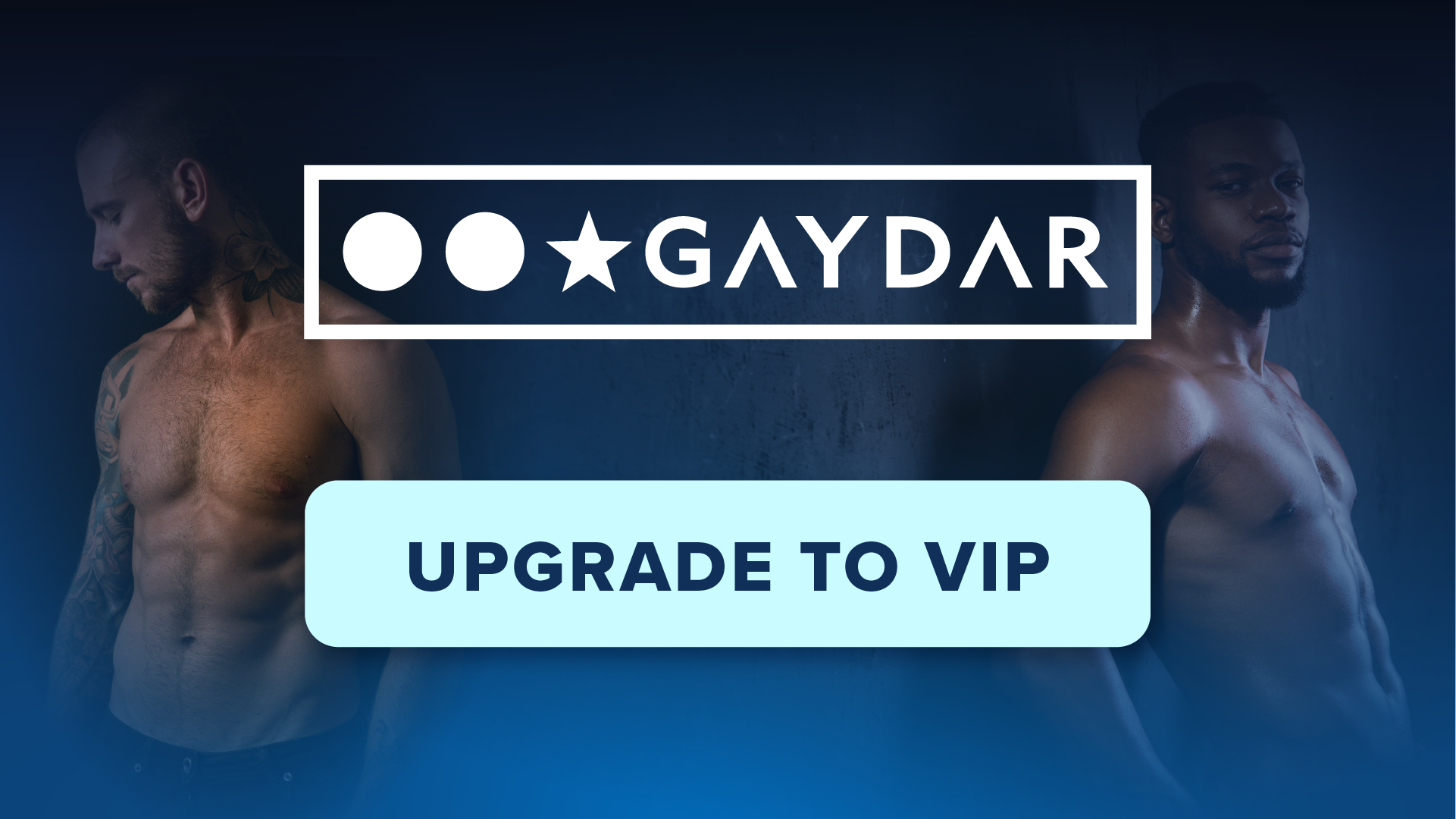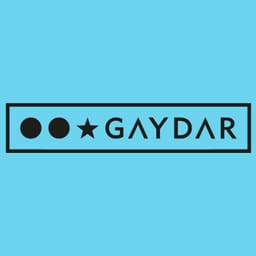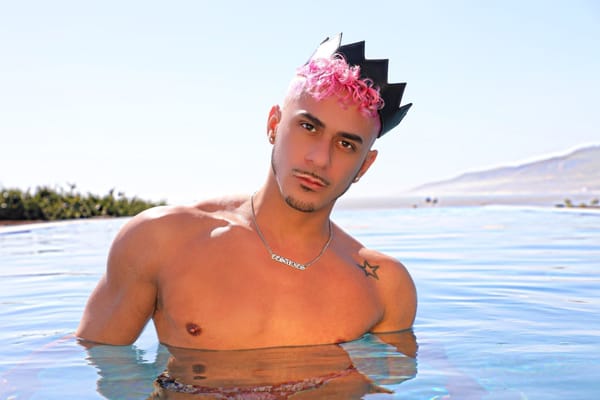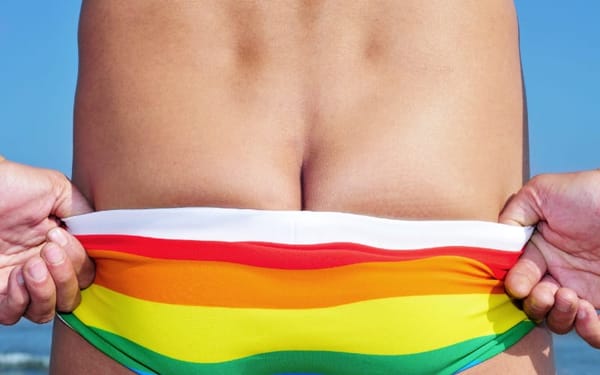A beginner's guide to online dating
Helpful tips to get you started.
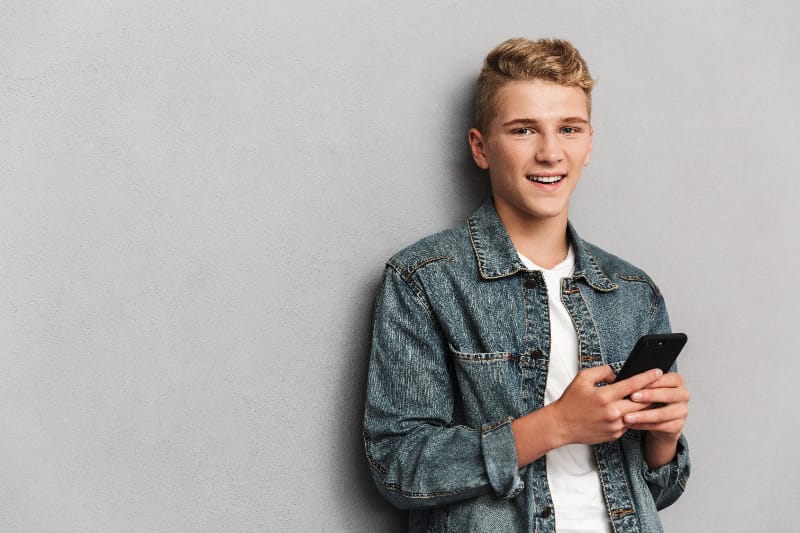
Whether you're new to the queer dating scene, looking to dip your toe back into the water, or just looking to expand your horizons and meet new people, online dating is one of the tools that you're probably going to want to try.
But how do you get the most out of online dating?
Here's a few tips to get you started.
Don't be a dick
One of the downsides of online dating is that it can sometimes seem to encourage people to express unhealthy prejudices and toxic behaviours.
Embrace the karma of online dating. Conduct your online dating so that you are treating people in the way that you would want them to treat you - with respect, with honesty, with kindness.
Focus on positive things that you do want
If you're looking to meet new people, but you see yourself reflected in the long lists of what people don't want, that can be really hurtful, and it undermines our self-esteem and self-worth.
Don't be racist. Don't fem-shame. Don't body-shame. It's okay to say that you're looking for a physical connection, but encourage people to start a conversation and see where things go from there.
Don't try and force a connection
Spamming people with unwanted messages can feel like harassment.
If someone doesn’t respond to your messages, don’t waste any negative energy getting frustrated about it, move on and focus on people that you do find a connection with.
Show some respect
Totally ignoring or ghosting someone is rude, and sends a signal that you don’t value them or that they’re somehow inferior to you.
If you don’t feel a connection with someone, tell them in a way that’s direct and honest, but not cruel.
Be honest
Make sure that your profile is up to date. It's okay to highlight the things you like best about yourself, but don't pretend to be someone that you're not.
The NSFW edition
If you want to admire some man-on-man action, our NSFW edition gives you every inch.
Sign in and check out our NSFW content - it's free!
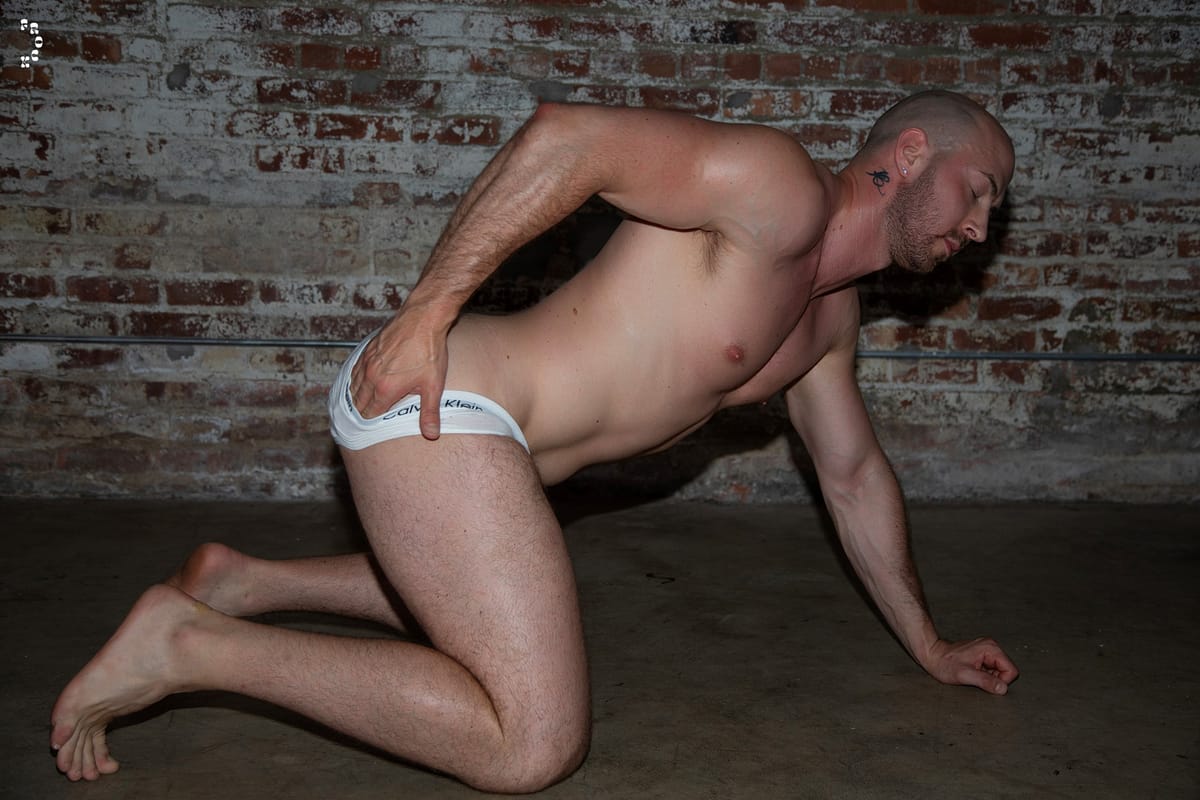
VIP Offers - exclusive to Means Happy subscribers!
Sex up your life with these member-only deals.

How's Your Gaydar?
Connect with guys near you.



